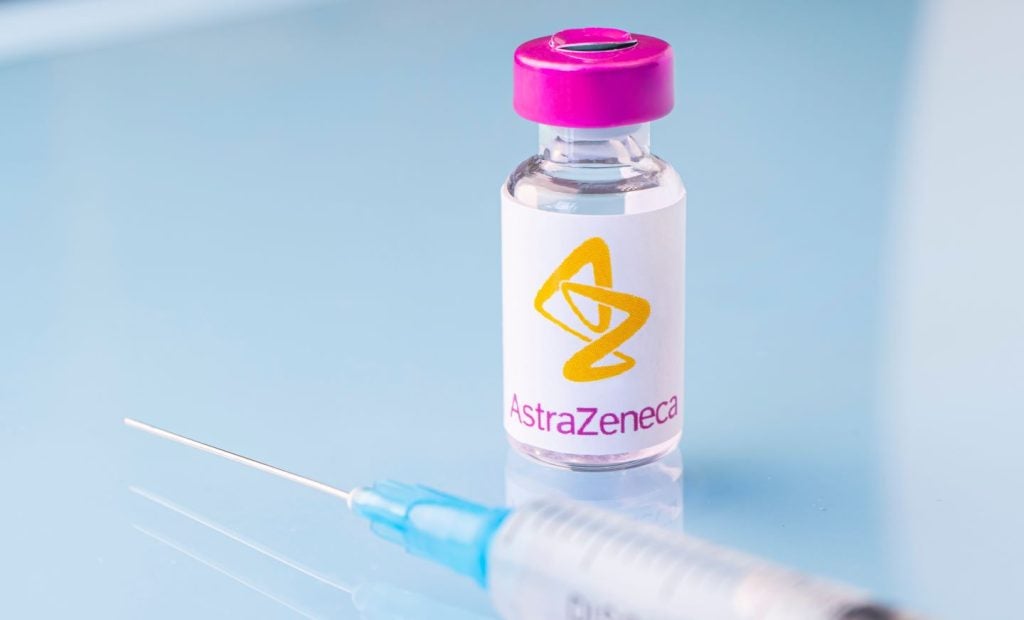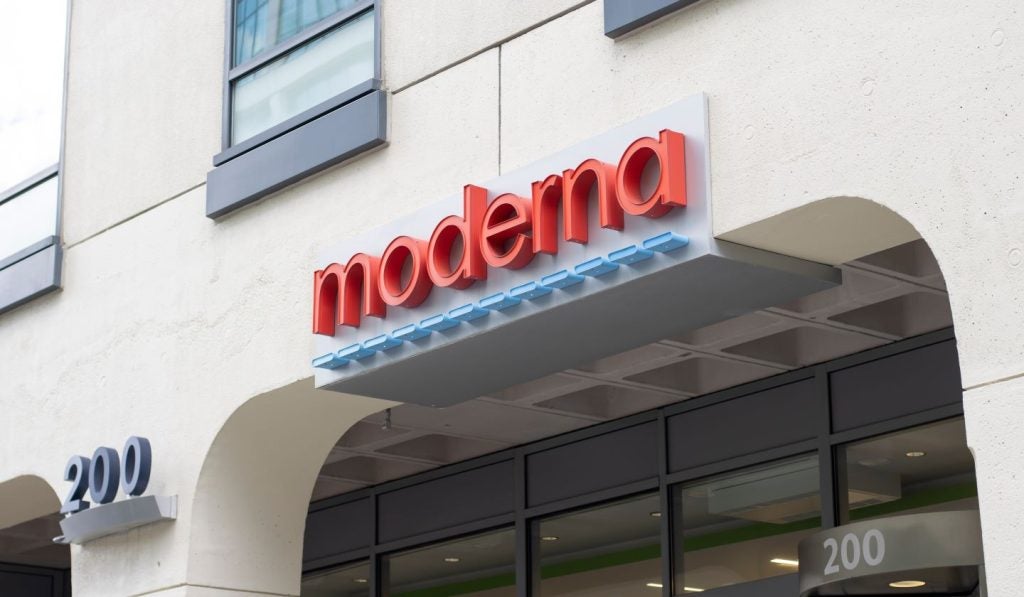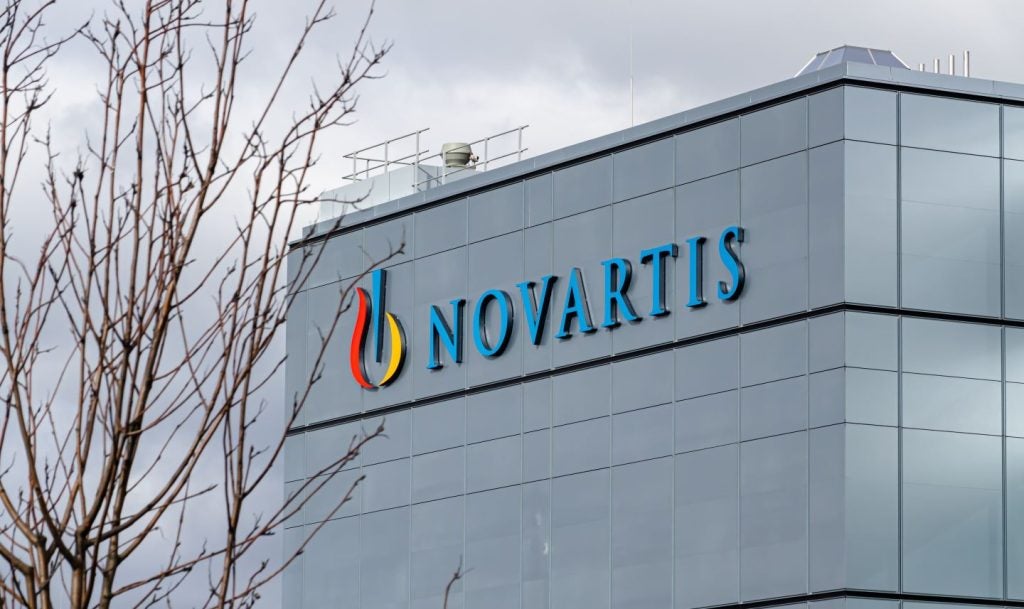The US Food and Drug Administration (FDA) has approved AstraZeneca's FASENRA (benralizumab) as an add-on maintenance therapy in children aged six to 11 years with severe asthma and an eosinophilic phenotype.
This marks an expansion of the treatment's indication, which was previously approved in 2017 for patients aged 12 years and above.
The recommended FASENRA dose is 30mg for use in children aged six years and above who weigh at least 35kg. A new 10mg dose will be available for patients aged six to 11 years who weigh less than 35kg.
This treatment is given subcutaneously every four weeks for the first three doses then every eight weeks.
FASENRA’s latest indication for younger patients was based on the findings from the Phase III TATE clinical trial and evidence from trials in adults and adolescents.
FASENRA met the primary endpoints of the multinational, open-label, non-randomised, parallel assignment trial.
The pharmacokinetics and pharmacodynamics in children with severe eosinophilic asthma (SEA) were in line with those seen in earlier trials.
FASENRA’s safety and tolerability profile in the TATE trial aligned with established safety information.
The therapy is already authorised as an add-on maintenance treatment for patients aged six years and above with SEA in the US.
AstraZeneca US respiratory and immunology vice-president Liz Bodin stated: “We’re proud that FASENRA has helped more than 100,000 patients in the US to date.
"Expanding options for children whose quality of life has been drastically impacted by severe eosinophilic asthma with the help of FASENRA is an exciting step in our mission to revolutionise asthma care.”
Last month, the Japanese Ministry of Health, Labour and Welfare approved AstraZeneca’s Truqap (capivasertib) plus Faslodex (fulvestrant) for a specific type of breast cancer.















